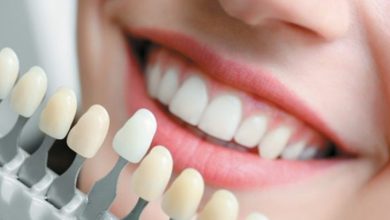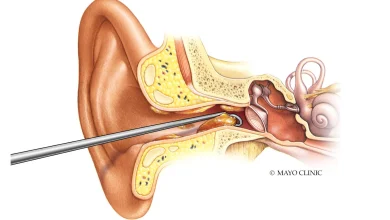3 Health Risks That Come With Being Elderly

American adults are expected to live longer than ever, with the average life span being 84 years old. Growing older means carefully managing chronic conditions to enjoy a healthy quality of life. Making better lifestyle choices, quitting smoking, losing weight, staying active, and eating a healthy diet can help prevent senior health risks. Talking with your healthcare provider and keeping up with your health is the best way to age gracefully and healthily. Take a look at three common health risks that the elderly often face.
1. Cognitive Decline
Cognitive problems such as memory loss are common with age. The brain stores information differently as it ages, making it harder to recall recent events, such as someone’s name or where you left the car keys. It’s not normal to have trouble remembering simple things like how to get home or how to follow a recipe. Having trouble remembering simple things could be a sign of more serious memory loss caused by dementia or Alzheimer’s disease.
One in 9 seniors over 65 years of age is diagnosed with Alzheimer’s disease, but diagnosing the disease can be difficult. The progression of Alzheimer’s goes from mild decline to severe decline, with noticeable symptoms such as mood and behavior changes, cognitive decline, difficulty with complex tasks, and the inability to perform daily tasks unassisted. So, what are the 7 stages of Alzheimer’s?
According to Alz Info, the seven clinical stages of Alzheimer’s are called the Global Deterioration Scale (GDS), which is a guideline used by healthcare providers and caregivers to identify what stage of the disease a person is in. Stages one to three are pre-dementia stages in which patients experience subjective memory loss, age-related forgetfulness, and mild cognitive impairment. Stages four to seven are the dementia stages in which patients experience moderate to moderately severe to severe cognitive decline and mild to severe dementia.
2. Fragile Bones
Balance issues are common with advanced age, and being less steady and sure on the feet makes seniors more likely to fall. This can be especially dangerous for seniors who have fragile bones due to osteoporosis because their bones are less dense and more susceptible to breaks and fractures. Women over the age of 50 are twice as likely as men to break a bone due to osteoporosis. Seniors can strengthen their bones by eating fruits, veggies, and other foods high in calcium, taking a vitamin D supplement, lifting weights or performing calisthenics, avoiding excessive alcohol, and not smoking.
Slip-and-fall accidents can result in serious injuries like broken bones, head trauma, soft tissue damage, back injuries, and even death. Common causes of slip-and-fall accidents include wet and slippery floors; hidden defects on walking surfaces; hazardous conditions; uneven sidewalks, walkways, and parking lots; and poor lighting. Property owners are responsible for the reasonable care and maintenance of their properties to ensure a safe condition for all who enter the property.
Property owners who fail to practice duty of care can be held liable for fall injuries, and fall victims have the right to take legal action. A slip and fall lawyer can work with insurance companies on behalf of fall victims to ensure they receive maximum compensation for their injuries. The slip-and-fall attorneys at Conrad Law Offices have years of experience proving negligence and liability in all types of personal injury cases to win maximum compensation for medical bills, lost wages, pain and suffering, reduced quality of life, and wrongful death.
3. Heart Disease
Heart disease is the leading killer of American adults over the age of 65. This chronic condition affects 37 percent of men and 26 percent of women aged 65 and older. The older adults get, the more their risk factors for heart disease and stroke increase, such as high blood pressure and high cholesterol. The best way for seniors to reduce their chances of developing heart disease is to exercise, eat well, and get sufficient, quality sleep.
Cognitive decline, fragile bones, and heart disease are just some of the health risks that the elderly face.




